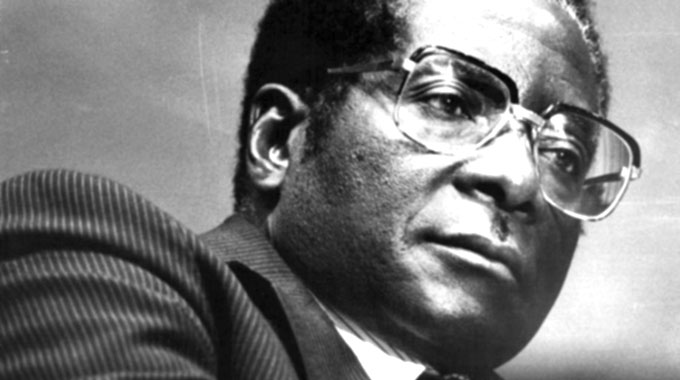Railways apprentice exams break racial barriers

The Rhodesia Herald, 2 November 1961
FOR the first time in the history of the Rhodesian Railways, 204 African students have written an examination in English and Mathematics in direct competition with 127 European students and 40 coloured students, for 32 apprentice jobs on the Rhodesian Railways.
Results of the examination, set at Standard VII level by the Bulawayo Technical College, will be communicated privately to the personnel department of the railways early next week.
They will confront the railways administration with one of the most ticklish decisions it has ever had to make.
All the African candidates and many of the Europeans and coloureds are from the top-strata of the Cambridge (Form 1) stream.
A selection committee from the railways personnel department will reduce the 371 hopeful applicants to 32 successful applicants.
A factor which could aid the selectors may be that apprentices should be younger and that for age – the Africans are likely to be older than their European competitors.
Sheer superiority of work may, however, reverse this factor in the Africans’ favour, and set the white trade unions into a buzz of protest.
Successful African candidates will be eligible for the new “sandwich course” study facilities recently announced by the federation’s technical colleges, whereby employers release them for continuous study periods on full pay, to enable them to take the craft or technical examinations of the City and Guild.
Many smart African youths are as keenly aware as European youths that apprenticeship could be a ladder to the status of technician via City and Guild examination.
The unsuccessful European candidates are likely to present a major labour problem, as they search for jobs.
LESSONS FOR TODAY
There is always a first time in every discipline. However, the inclusion of blacks into the apprenticeship programme by the Rhodesian Railways did not mean that in post-independent Zimbabwe, white people should leave en masse as if it was difficult to work with blacks. Such a sad scenario shows that they could only work in areas where they were superior, and called the shots.
Following the callous murder of a black man George Floyd by a white police officer in the United States, and the international protests, racism is once again on the centre stage as it was in the 1960s. It is hoped that black people will this time have the wisdom not to be used as pawns — pushing schemes that advance agendas of other people, with little benefit for them.
The National Railways of Zimbabwe is one of the country’s many parastatals that requires reform. A huge capital injection is needed to resuscitate this major southern African transportation infrastructure. It is one of the most useful in the economic value chain. After all, the people are running it.
With entrepreneurship at the centre of the economic revival discourse, the education system must therefore ensure that robust apprenticeship programmes are incorporated in the education system.
Competition and innovation drive global economic systems. When the citizenry lack skills, the economy lags behind, and will not be able to compete effectively.
For historical information contact:
Zimpapers Knowledge Centre at Herald House on:
+263 8677 004323;
+263 0242 795771
E-mail: [email protected]







Comments